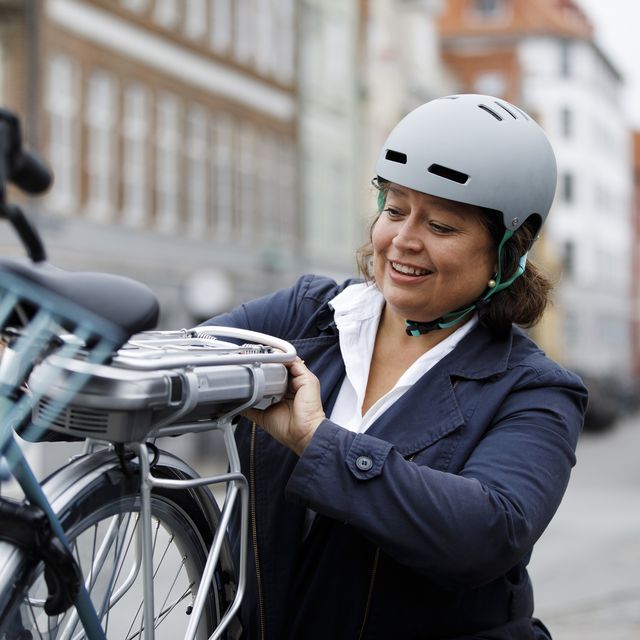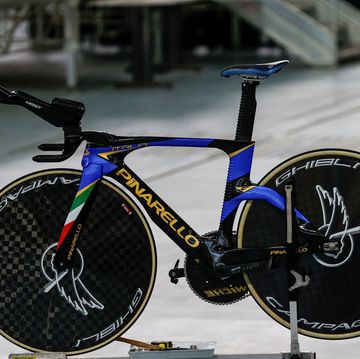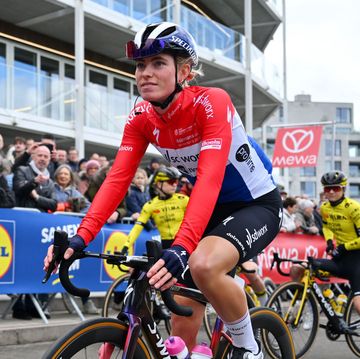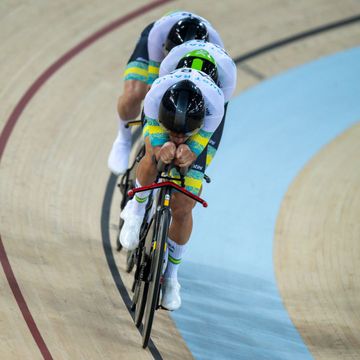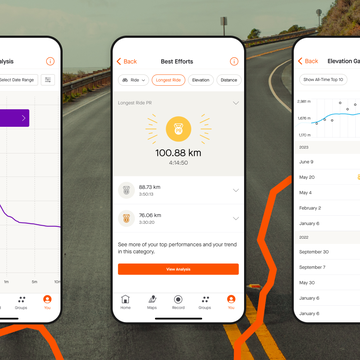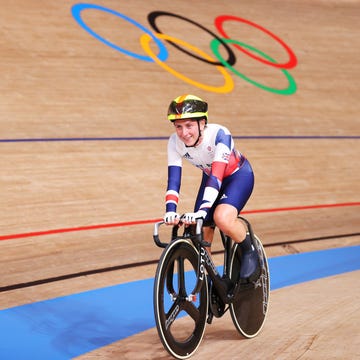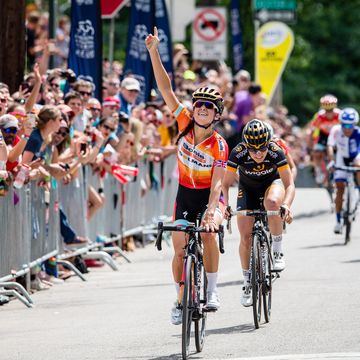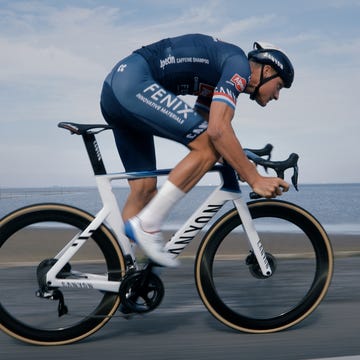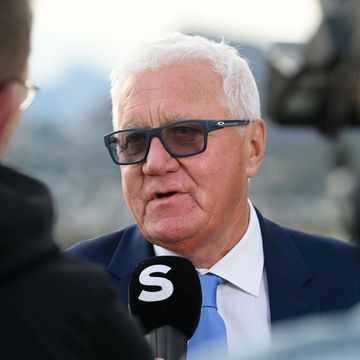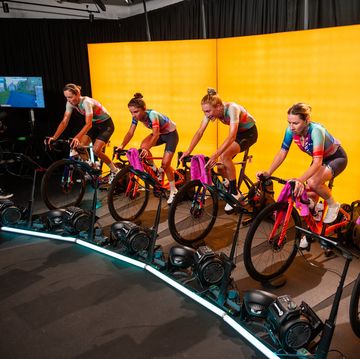E-bikes aren’t just a ton of fun on the road or trail—they’re also valuable tools in the effort to decrease dependency on automobile usage for work commutes, errands, and casual recreation.
And now, a group of four U.S. Representatives have reintroduced the Electric Bicycle Incentive Kickstart for the Environment (E-BIKE) Act in Congress, while companion legislature has been introduced in the Senate.
And hopefully, this time, it'll pass, creating a nationwide economic incentive to finally get that e-bike.
What is in the E-BIKE Act?
Yesterday, Jimmy Panetta, Earl Blumenauer, Mike Thompson and Adam Schiff reintroduced the Act in Congress while Senator Brian Schatz brought it before the Senate.
It’s not just a catchy AF acronym (the E-BIKE Act? Amazing.). If passed, the Act would create a federal consumer tax credit for e-bike purchases.
It would cover 30 percent of the cost of a new electric bicycle for up to $1,500. Applying only to new electric bicycles that cost less than $8,000, the rebate would be fully refundable, allowing lower-income workers to claim the credit.
“With an e-bike, anyone can be a bike commuter, but the high cost discourages too many consumers. That is why I am so excited about the E-BIKE Act. Let’s get more people off of the highway and into the bike lanes,” says Rep. Blumenauer.
Will the second time be the charm?
Originally introduced in 2021, the Act was eventually added as part of the Inflation Reduction Act and sadly deleted in order to pass the much larger Act. But now, it has a second chance at passing—and this time, with more data to back up why it matters so much.
The legislators cited the similar rebate program in Denver as a huge success, with over 4700 e-bikes registered under their program in under a year. According to the Rocky Mountain Institute, Denver has already cut 2,040 metric tons of carbon dioxide and saved almost $1 million in avoided fuel and electricity costs. Imagine what could happen if a similar incentive was introduced for the entire country?
“Transitioning to a clean energy economy includes changing the way we get around. That means transit, rail, and electric buses, cars, and bikes. Our bill will make it more affordable for working people to buy an e-bike and help get cars off the road,” said Schatz, who also serves as chairman of the Senate Appropriations Subcommittee on Transportation, Housing and Urban Development in California.
Unsurprisingly, the Act is supported by dozens of environmentally conscious and cycling focused groups, including PeopleForBikes, the League of American Bicyclists, Sierra Club, GreenLatinos, Bicycling Monterey, the Outdoor Industry Association, and the Santa Cruz County Bicycle Coalition. “Incentivizing electric bicycles makes them a competitive transportation option for more Americans and supports a national effort to lower carbon emissions,” said PeopleForBikes CEO Jenn Dice in the press release about the Act’s reintroduction. “The E-BIKE Act rightfully positions electric bicycles as a critical part of a larger solution to climate change and equitable mobility.”
The Act also focuses on the communities that could best be served by gaining access to e-bikes: Lower income households where the upfront cost of an e-bike makes it financially impossible, despite the potential eventual cost savings on fuel and insurance.
“E-bikes allow a wide variety of users to go further and faster with less effort than a pedal bike, therefore increasing sustainable and healthy mobility,” said Piet Canin, Ecology Action Strategic Development Director. “But many Americans cannot afford the upfront cost of an e-bike, even though e-bikes will save them money over the long run.”
“Everyone deserves zero emission transportation they can afford and access,” added Amanda Pantoja, Sustainable Communities Consultant for GreenLatinos. “Low income communities of color disproportionately lack modes of transportation that support their well-being and overall environment.”
If the Act passes, there is also a provision that would require a study after three years that would look to see if the incentives truly were reaching low-income communities.

Molly writes about cycling, nutrition and training, with an emphasis on women in sport. Her new middle-grade series, Shred Girls, debuts with Rodale Kids/Random House in 2019 with "Lindsay's Joyride." Her other books include "Mud, Snow and Cyclocross," "Saddle, Sore" and "Fuel Your Ride." Her work has been published in magazines like Bicycling, Outside and Nylon. She co-hosts The Consummate Athlete Podcast.
